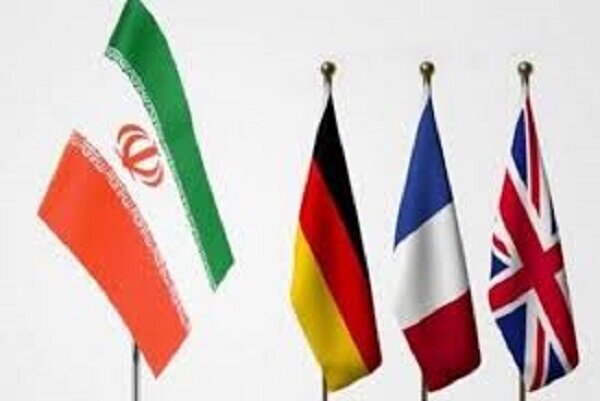Second round of Iran-E3 talks begins in Geneva

TEHRAN – The second round of discussions between Iran and the European Troika (Britain, France, and Germany) is set to commence on Monday and will continue for two days.
A representative for the European Union is also joining the countries.
Geneva is hosting the talks focused on the Joint Comprehensive Plan of Action (JCPOA), regional issues, and international developments.
Kazem Gharibabadi, Iran's Deputy Foreign Minister for Legal and International Affairs emphasized earlier that "These discussions are not formal negotiations but rather an opportunity to clarify issues and engage in deeper consultations."
He further explained that the primary aim of these talks is to establish the context, method, and framework for any potential future negotiations.
This round follows recent meetings in Geneva where diplomats from Iran, the UK, France, and Germany addressed various developments.
"We discussed and took stock of recent bilateral, regional, and international developments, particularly nuclear and sanctions lifting issues," Gharibabadi stated after the November talks.
The discussions came after an anti-Iran resolution passed by the Board of Governors of the International Atomic Energy Agency (IAEA) in November, spearheaded by the U.S. and the European Troika, accusing Iran of not fully complying with the JCPOA.
The JCPOA was an agreement signed in 2015 between Iran and the P5+1 group of countries, which limited Iran’s nuclear program in exchange for sanctions relief. It collapsed in 2018 after U.S. President Donald Trump withdrew and reimposed sanctions.
Iran responded by gradually scaling back on its commitments 1.5 years later, citing the failure of European signatories to counteract the U.S. sanctions.
In response to the November 2023 IAEA resolution, which condemned Iran for "insufficient cooperation" without addressing Western non-compliance, Tehran stepped up its uranium enrichment and deployed new advanced centrifuges, all under IAEA supervision.
Gharibabadi has warned that Iran might exit the Nuclear Non-Proliferation Treaty (NPT) if the UN Security Council's "snapback" mechanism, which allows for the reimposition of sanctions, is activated. Iran argues that since the U.S. unilaterally withdrew from the JCPOA in 2018, neither the U.S. nor European countries have the legal standing to trigger this mechanism.
"We are firmly committed to pursuing the interests of our people, and our preference is the path of dialogue and engagement," Gharibabadi reiterated, highlighting Iran's stance on diplomacy.
Adding to this, Iranian Foreign Minister Abbas Araghchi stated during a recent interview, "The formula we have in mind for resolving the nuclear issue is the same as the JCPOA formula, which is trust-building about Iran's nuclear program in exchange for the removal of sanctions."
He also warned, "If the other side refuses this path [of fair negotiations], it is natural for us to continue on our own way, as we have done in recent years and will continue to do now."
